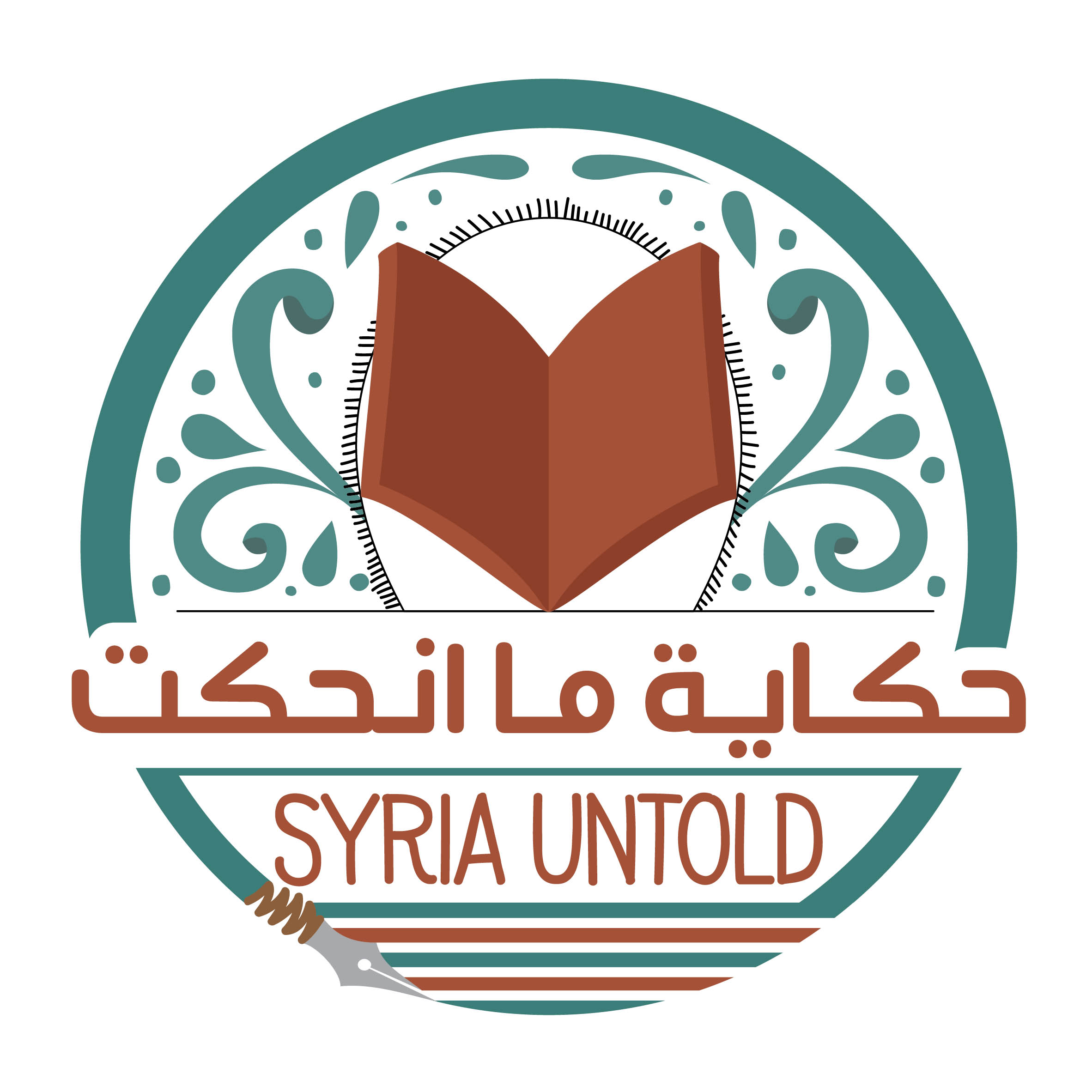Displaced Syrians return to Idlib to avoid coronavirus (Irish Times)
“Fearing the coronavirus more than warfare, tens of thousands of displaced Syrians are returning to their homes in the conflict-ravaged northwestern Idlib province.
More than 100,000 Syrians have loaded household goods on to lorries, pick-ups and car roofs and driven to their home towns and villages with the intention of staying put.
Most of the 900,000 displaced by the war in recent months have settled near the Turkish border in overcrowded camps where social distancing is impossible, water for hand-washing is scarce and healthcare facilities are rudimentary. Doctors fear that displaced families could fall victim to an outbreak that could become a humanitarian catastrophe.”
Coronavirus 'disaster in the making' in war-torn Syria (Al Jazeera English)
“In Syria, President Bashar al-Assad's government has closed borders, forbidden movement between provinces and shut schools and restaurants in an effort to stem the spread of the virus.
Official numbers are low, with two deaths and 19 confirmed cases, but only 100 patients are being tested a day, with half of the testing carried out in the capital, Damascus.”
Extended lockdown brings more burdens for Syrian Kurds (Al-Monitor)
“Shahla Mohieddine stands in front of her courtyard in the Assyria district of Qamishli, wearing gloves and a mask she hopes will keep her safe from the coronavirus. She shows signs of bewilderment and concern as she utters a few words on her mobile phone with her husband.
As soon as she hangs up, she tells Al-Monitor’s correspondent, who is standing at a safe distance, ‘My children are in their room waiting for their father to bring home some vegetables and fruits. But the prices are so high that we can barely buy what we need. My husband’s income is not enough. He works at a mobile phone shop, which was shut down in compliance with the lockdown. We have no other source of income’.”
Scarce resources in Syria's rebel-held areas amid COVID-19 fears (Al Jazeera English)
“The last opposition-held stronghold in Syria is bracing for its fight against the coronavirus pandemic with just one machine equipped to run a test to detect the rapidly spreading pathogen.
Mohamad Shahim Makki, a doctor in Idlib province, a war-battered region in northwest Syria that is home to more than three million people, confirmed to Al Jazeera that the machine is the only available device outside government-held areas that is equipped to run a polymerase chain reaction (PCR) test.”
Israeli drone targets Hezbollah near Syria-Lebanon border: sources (Reuters)
“An Israeli drone targeted a car carrying forces from Iran-backed Hezbollah in Syria near the Lebanese border, a commander in the pro-Damascus regional alliance and a security source said.
The sources said there were no casualties, with the passengers escaping before the car was hit and destroyed."
Turkish crackdown on Idlib protest exposes Syrian rebel divisions (Middle East Eye)
“Sit-in protests against joint Turkish-Russian patrols on Idlib province’s M4 highway have cracked open divisions between Syrian rebels and a powerful militant group, placing pressure on the ceasefire deal in northwest Syria.”
Defectors quit last US-backed rebel group in Syria, head for regime territory (Defense Post)
“A suspected drug smuggler and other former member of the last remaining U.S.-backed rebel group in Syria defected to territory controlled by Bashar al-Assad government in an embarrassing spectacle for the opposition militia and U.S. Special Operations.
According to rebel sources familiar with the matter, Samir Ghannam al-Khidr and several members of the Maghawir al-Thawra militia and their families on Tuesday, April 14 defected to the city of Palmyra from the al-Tanf garrison, which is run by U.S. Army Special Forces in Syria’s eastern desert on the Iraq border.”
The Frightened Ones by Dima Wannous review – love and loneliness in Syria (The Guardian)
“Midway through Dima Wannous’s novel, the narrator recalls a neighbour who fell sick during a dire shortage of doctors and medicine. The woman’s daughter had to take time off work to hunt for a hospital bed. ‘So, silently, I begged my own mother not to fall ill,’ she says, to ‘not contract a virus or other disease.’
As well as having a chilling resonance today, the anecdote offers a glimpse of daily life for millions of Syrians since the 2011 revolution. Almost five years after the uprising began, many doctors have left a country mired in civil war, where the price of medicines has sky-rocketed. Yet in Wannous’s ambitious, multilayered second novel – which was shortlisted for the 2018 International prize for Arabic fiction – the threat of disease is just one of many reasons to live in fear.”




